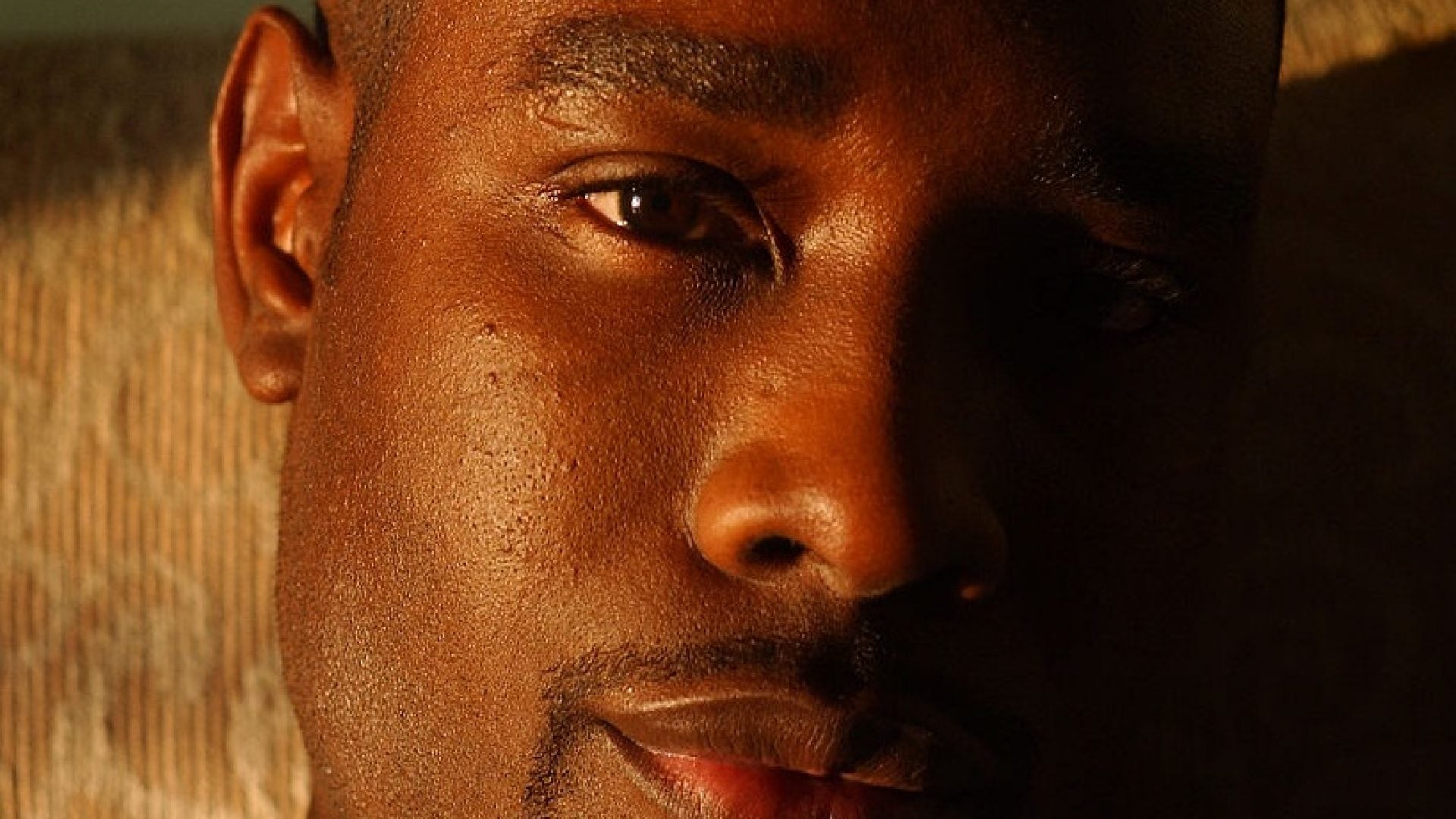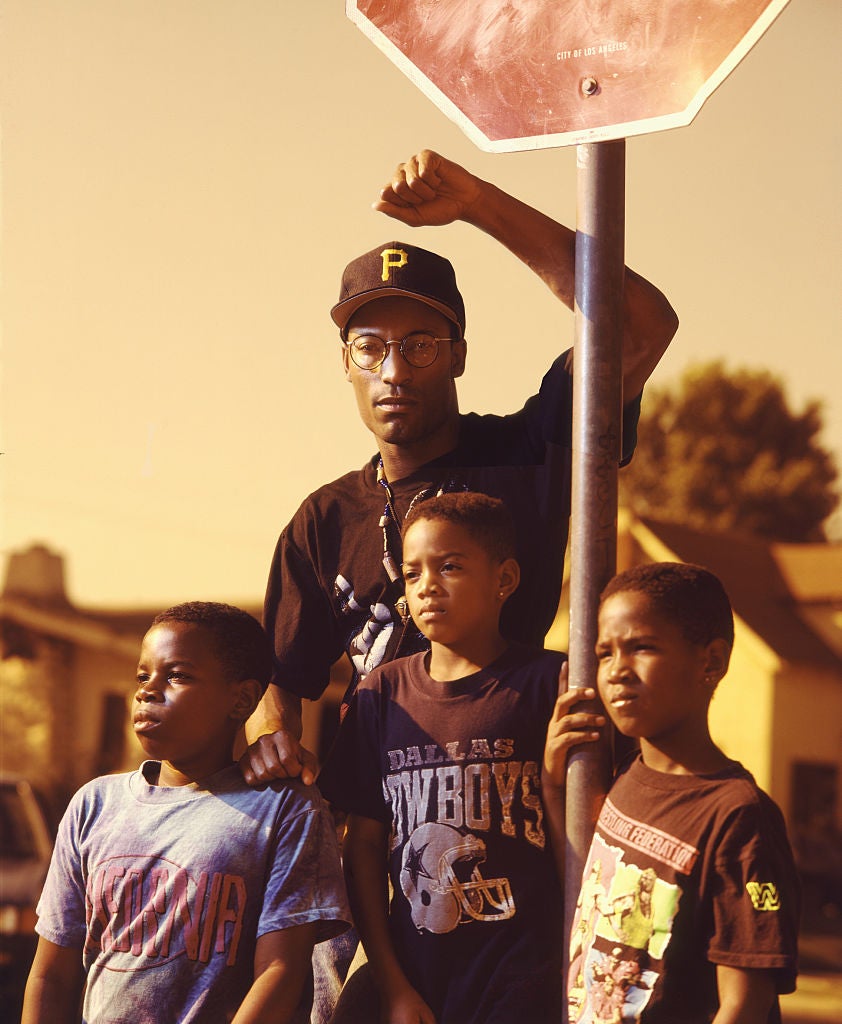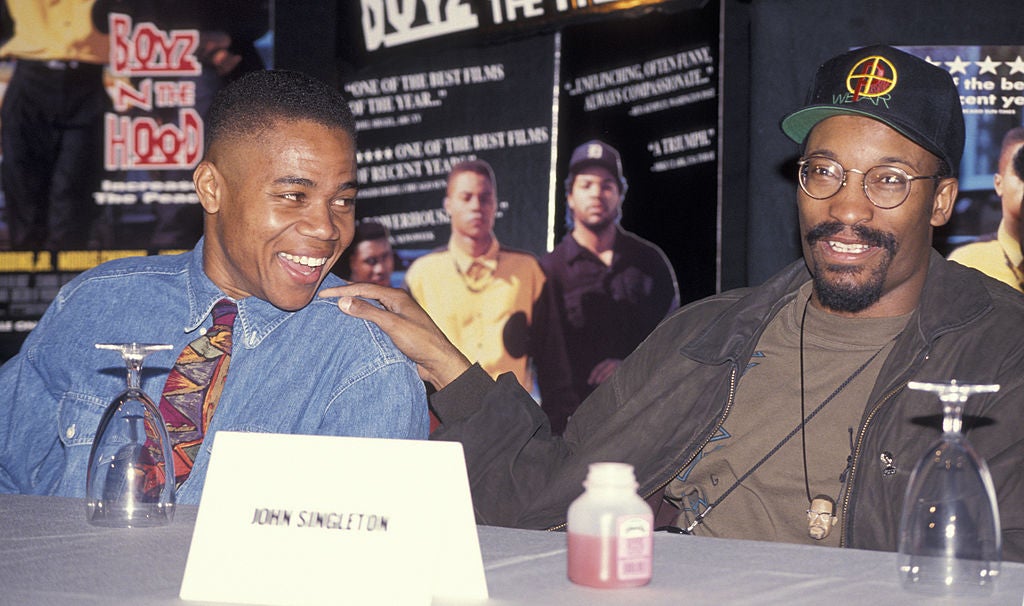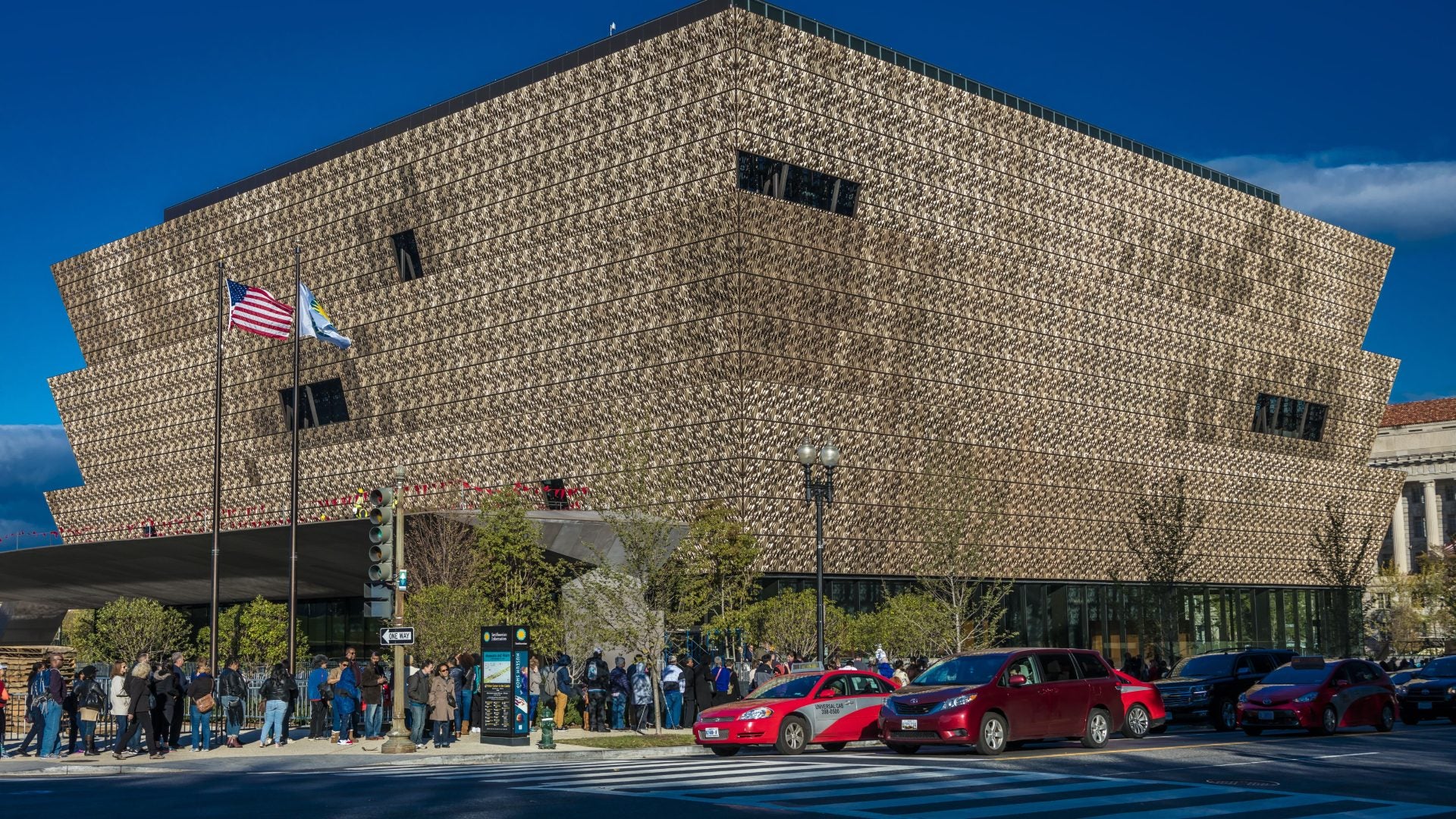
It’s been nearly 30 years since Boyz n the Hood hit the big screen, yet the film’s portrayal of racial inequality in America still remains culturally impactful today. By exploring themes of family, capitalism, poverty and trauma, the movie changed perceptions about the Black experience in America.
Written and directed by John Singleton, Boyz n the Hood marked his debut in the film industry. Just like the boys in the movie, Singleton had to navigate his way through South Central Los Angeles growing up surrounded by violence and crime. It was that experience that inspired the picture and its depiction of what happens within a community where the philosophy is kill or be killed.

The “boyz” in the movie represent three distinct, yet familiar outcomes seen among Black boys raised under similar circumstances in low-income environments where gang violence is the norm. Rapper Ice Cube is one of many cast members whose acting careers were launched by the 1991 classic. In the film, he plays Doughboy, a young man who gets caught up in the street life and seeks vengeance against the men who killed his half-brother Ricky, played by a then-unknown Morris Chestnut. His character perpetuates the cycle of a young boy who gets caught up in a life of violence and crime. His quest for vengeance led to his death, an all-too-familiar narrative still among Black men today.
Tre Styles, played by Cuba Gooding Jr, had a different path. He may have grown up in the hood, but he could grow up to be anything he wanted despite his upbringing. His character represents the role models we wished to see outside of films. Tre escaped the hood through education, self-improvement and a supportive father who taught him how to become a man. His father, Furious Styles, played by Laurence Fishburne, exemplified the foundation every Black man needs to survive in America.

What made Boyz so groundbreaking was the way it forced audiences to acknowledge systemic oppression, from poverty to the police, and the ways in which these young men were casualties of their environment. We don’t need to lay out how rampant the very police brutality depicted in the film in 1991 still is in 2021. Just one year after the film’s release, the L.A. riots occurred and today we’re just one year removed from mass #BlackLivesMatter protests that occurred in cities across the country in response to George Floyd’s murder. We see the cycle of the “War on Drugs” and the devastation it wreaked on families as fathers, mothers, uncles and cousins either began selling drugs, using drugs or getting locked up for one or both.
To some, the film was just a glamorized portrayal of “thug life” and an inaccurate characterization of young men growing up in the hood. Of course, not all men born into similar circumstances choose the same paths as the men in the movie. But the bigger message Singleton sent with his debut project remains true for all Black boys: A Black man’s life isn’t guaranteed in a system built to take it.





